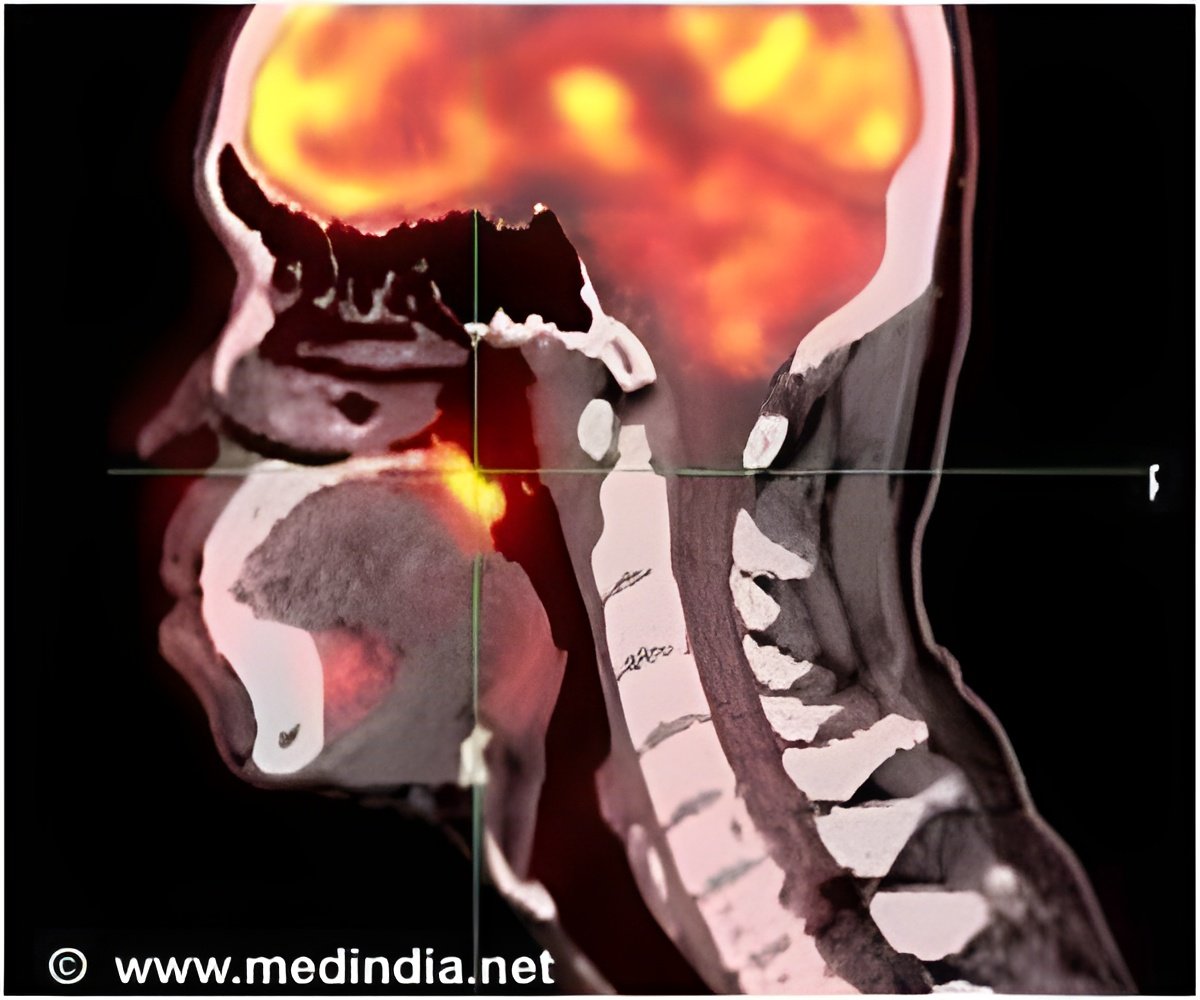
‘Induction chemotherapy (IC) is not associated with improved overall survival over concurrent chemoradiation (CRT), in cancer care, sometimes more is less.’
Tweet it Now
"Most randomized trials designed to address whether induction chemotherapy improves outcomes by enhancing local control and minimizing distant metastases have failed to demonstrate an increased overall survival benefit," explained study co-author Daniel W. Bowles, MD, an assistant professor in the department of medical oncology at the University of Colorado School of Medicine and director of cancer research and staff physician at the Denver VA Medical Center. "Those findings, however, typically were based on study designs that enrolled too few patients or too few patients with advanced cancers, thereby diluting the possible benefit of IC." Dr. Bowles and colleagues extended the question of whether IC improves survival in HNSCC to the 8,003 records in the National Cancer Data Base (NCDB) of patients diagnosed with T(any) N2b-3 M0 oropharyngeal, laryngeal and hypopharyngeal cancers between 2003 and 2011. The NCDB is a jointly-sponsored project of the American College of Surgeons and the American Cancer Society based on patient records from more than 1,500 Commission on Cancer-accredited facilities.
Cases were classified into two cohorts based on the type of treatment delivered. Patients in the induction chemotherapy (IC) group (n = 1,917) began chemotherapy 43 to 98 days before starting radiation therapy (RT); this time frame allowed for two to three cycles of IC, which is the common protocol in recent clinical trials. Patients in the concurrent chemoradiation (CRT) group (n = 6,086) began chemotherapy within seven days of RT start and did not receive IC. Of the two groups, the IC cohort tended to be younger and presented with more advanced disease, as well as more hypopharyngeal cancer.
Patients in the IC group were less likely to receive a full course of RT following administration of induction therapy. Twenty-one percent of the IC patients received less-than-definitive doses of RT (i.e., < 66 Gy), compared to 15 percent of the CRT patients (p < 0.01). Multivariate analyses adjusting for age, sex, race, income, location, year, comorbidities, primary disease site, T-status and N-status confirmed the increased odds among the induction cohort of receiving non-guideline-concordant RT doses (Odds Ratio (OR), 1.42; p < 0.01).
Comparative analysis using Cox regression also indicated shorter median survival following IC compared to CRT, with a median overall survival (OS) of 52 months for IC patients compared to 65 months for CRT patients (p < 0.01), though this difference did not persist on multivariate (Hazard Ratio (HR) for mortality, 1.04; p = 0.28) or propensity score matched analysis (p = 0.18).
Advertisement
"While we suspected that induction chemotherapy would not have an impact on our entire study population, we thought it might prolong survival for the most advanced cancers," said Dr. Bowles. "Our finding from this large database that IC is not associated with improved overall survival over CRT, even for these patients, will continue to dampen enthusiasm for routine use of induction therapy. In cancer care, sometimes more is less. If adding induction chemotherapy fails to improve survival over the current standard of care, then we should reconsider its use."
Advertisement








